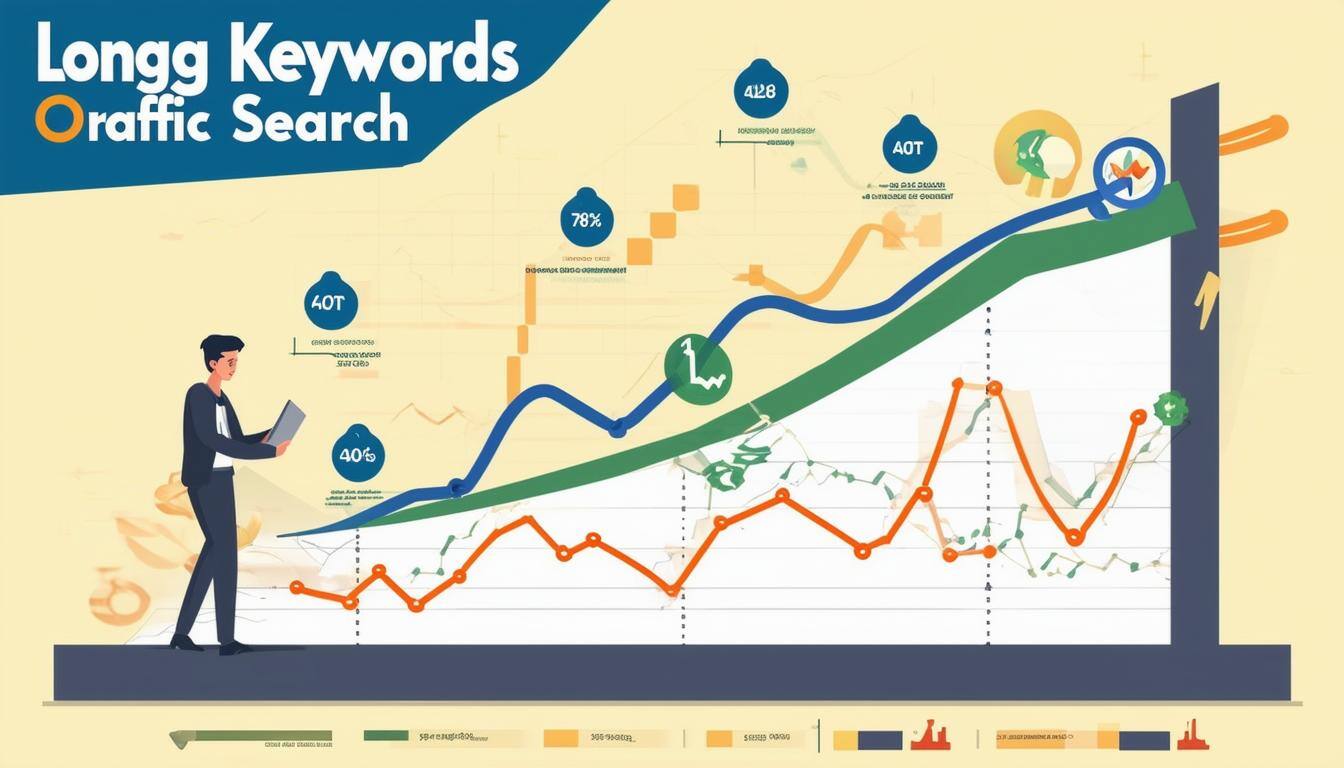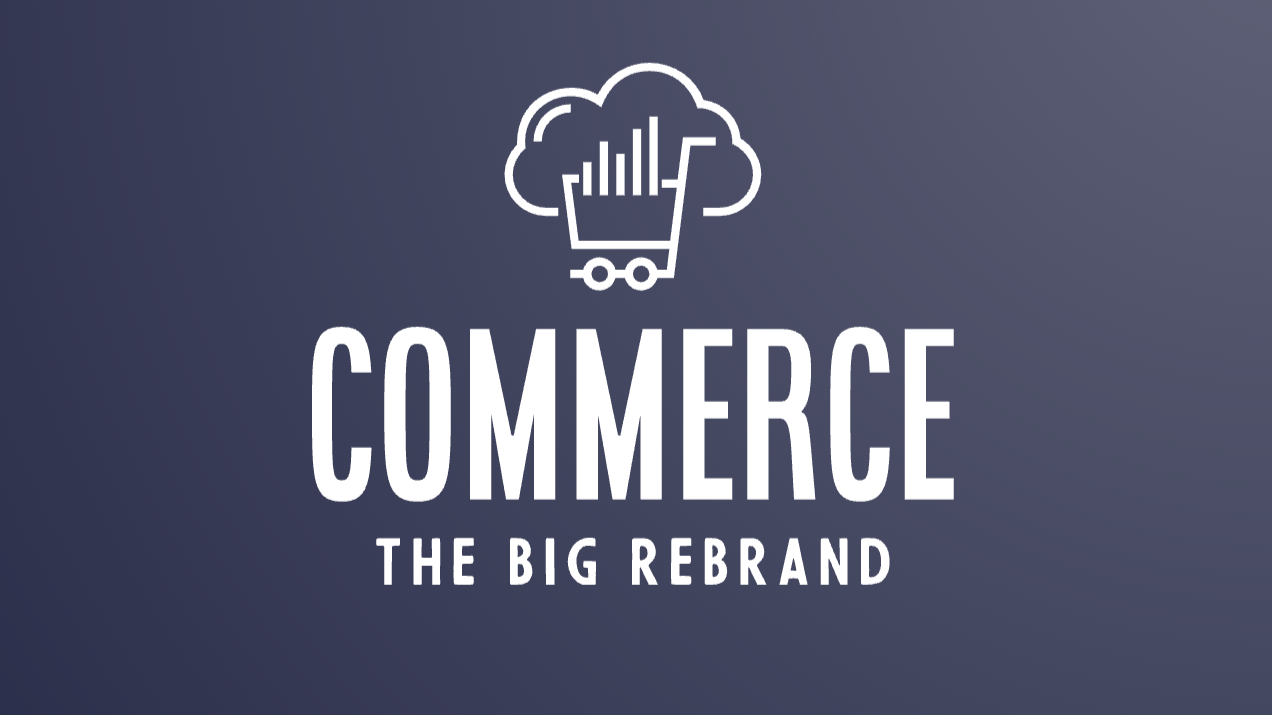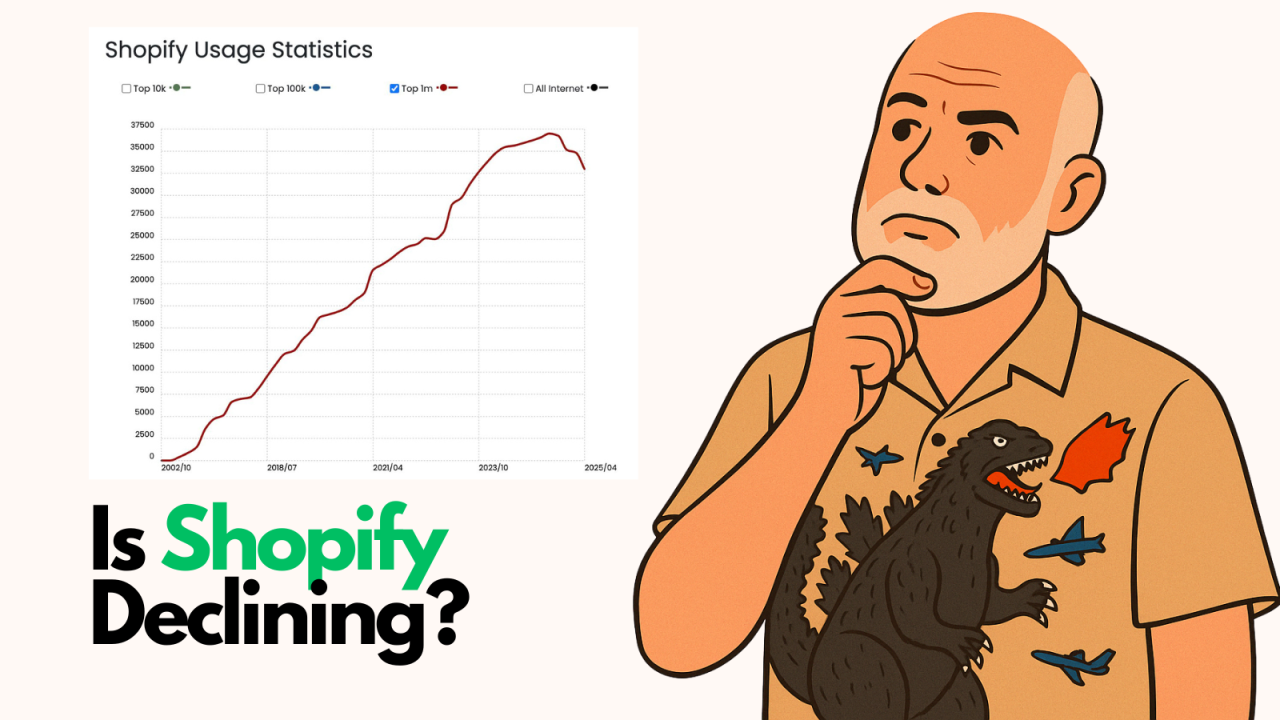
A well-executed long-tail keyword strategy can dramatically improve your website's organic search ranking, bringing in more targeted visitors who are genuinely interested in your products or services. This translates to higher conversion rates and a more robust bottom line.
Long-tail keywords are longer, more specific phrases that reflect the nuances of user search queries. Unlike short, broad keywords, long-tail keywords are less competitive but highly targeted. Think about the difference between "shoes" (a short, broad keyword) and "comfortable, waterproof hiking boots for women size 8" (a long-tail keyword). The latter attracts a much smaller, yet highly qualified audience.
Long-tail keywords are crucial for businesses seeking to attract qualified traffic. They help refine your SEO approach, focusing on specific customer needs and preferences. This targeted approach ensures you connect with individuals actively searching for precisely what you offer, thus significantly improving the chances of converting them into paying customers. Ignoring long-tail keywords is like fishing with a net instead of a rod and reel – you'll catch something, but much of it will be unusable.
Before diving into keyword research, you must understand your target audience. What are their pain points? What language do they use when searching online? What are their specific needs and desires? Understanding these facets is paramount to identifying the right long-tail keywords.
Consider employing various methods for effective target audience research, including customer surveys, social media listening, and analyzing your website's existing analytics. This multi-pronged approach offers a more thorough understanding of your audience's vocabulary and what they type into search engines. Remember, aligning your keyword strategy with the language your audience actually uses is key.
Several tools aid in identifying lucrative long-tail keywords. Google Keyword Planner, a free resource, offers valuable data on search volume and competition. SEMrush and Ahrefs, while more advanced and subscription-based, provide a more comprehensive analysis of keywords, including competitor analysis and content gap identification.
Regardless of which tools you choose, always examine search intent. A keyword's search volume might be substantial, but if users aren't ready to buy, it's not worth chasing. Focus on keywords where the intent aligns with your business goals—whether that's brand awareness, lead generation, or direct sales.
Long-tail keywords are not a monolith. They come in various forms, each serving a unique purpose.
These keywords directly relate to specific products or services. For instance, "organic dog food for small breeds" or "eco-friendly yoga mats for beginners." They're great for product pages and targeted marketing campaigns.
These keywords include geographical elements. Examples include "best Italian restaurant in Chicago" or "plumber near me." They're perfect for local businesses looking to attract customers within a specific area.
These keywords represent questions users type into search engines. For instance, "how to fix a leaky faucet" or "what are the benefits of meditation?" They're excellent for creating valuable content that answers user queries, driving organic traffic to your website.
These keywords use modifiers like "best," "cheap," "easy," or "fast" to refine searches. For example, "best budget laptop for students" or "easy vegan recipes for beginners." They help target users seeking specific qualities in a product or service.
Integrating long-tail keywords into your content is about strategic placement, not keyword stuffing. Overusing keywords can negatively impact your rankings. Aim for a natural flow; focus on providing valuable information to your audience.
Craft compelling blog posts and articles centered around long-tail keywords. Use keywords naturally in headings, subheadings, body text, and meta descriptions. This attracts relevant traffic, and positions you as an industry leader.
Include long-tail keywords in product descriptions, titles, and meta descriptions. Use high-quality images with descriptive alt tags containing relevant keywords. Ensure product descriptions accurately reflect user search queries and clearly communicate the product’s value proposition.
Use long-tail keywords in your website navigation and internal links. This enhances website usability and allows search engines to easily crawl and index your content. Clear navigation, combined with intuitive keyword usage, creates a user-friendly and SEO-friendly website.
On-page optimization is crucial for harnessing the full potential of long-tail keywords. This involves optimizing various elements of your website to improve its ranking in search results.
Craft compelling title tags and meta descriptions using relevant long-tail keywords. These are the first things search engines and users see. They should accurately reflect your content, enticing users to click through.
Use header tags to organize your content and incorporate relevant long-tail keywords. This improves readability and helps search engines understand your content's structure and topic.
Use descriptive alt tags for images, incorporating long-tail keywords. This makes your images searchable and enhances the overall SEO performance of your visual content.
Use internal links to connect relevant pages on your website. This improves website navigation and allows search engines to easily crawl and index your content, while enhancing user experience.
Monitor your website’s performance to gauge the effectiveness of your long-tail keyword strategy.
Track organic traffic to see if your long-tail keyword strategy is driving more visitors to your site. This is a key indicator of success, reflecting the effectiveness of your chosen keywords.
Use tools like Google Search Console to monitor your keyword rankings. This provides insight into the improvement of your website's search engine performance.
Track conversion rates to assess how many visitors are converting into customers. This measurement reflects the effectiveness of your long-tail keyword strategy and allows for optimizations.
Content Basis provides comprehensive SEO services, helping businesses develop and execute winning long-tail keyword strategies. We conduct in-depth keyword research, optimize website content, and monitor performance. Contact us today to discuss your needs.
Don't get shortchanged on SEO; embrace the power of long-tail keywords!
Q: What are the best tools for long-tail keyword research?
Q: How many long-tail keywords should I target?
Q: How often should I review my long-tail keyword strategy?

Following up on my earlier post about BigCommerce's rebrand announcement, I got my hands on theCleveland...

By Brent W Peterson AI vs Shopify: Is Platform Dominance Ending in 2025?

The B2B OG Reality Check In 1995, I built my first B2B website for my then computer assembly company. It...